During SIGMA18, the GamingMalta Foundation, in association with sponsor ESL, brought an international line-up of esports specialists, including global tournament organisers, business platforms and industry success stories, to talk about the momentum of this sector and where it’s heading next.
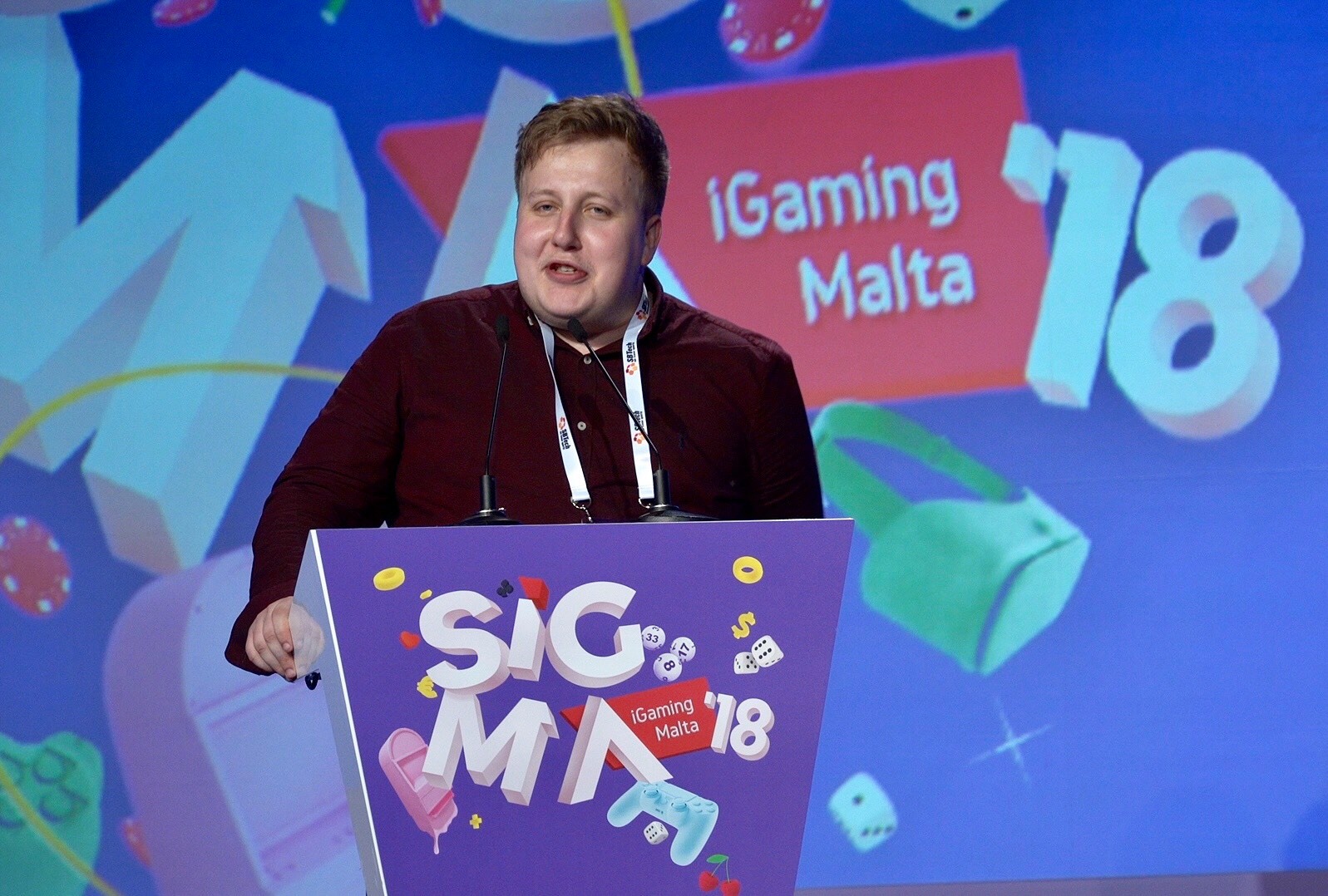
The event was chaired by Ollie Ring, Head of Media and Editor, Esports Insider.
Open for esports business
The timing and location of the Malta Esports Summit were fitting. During the same week as SiGMA, Malta’s largest esports event yet — the CS:GO Supernova Malta Invitational — was taking place at Malta’s Eden Arena and being beamed around the world.
Further, Ivan Filletti, Head of Operations and Business Development at GamingMalta, told delegates, that following ongoing industry collaboration with Maltese officials, the government recently announced that it will make funding available to support the esports industry in Malta.
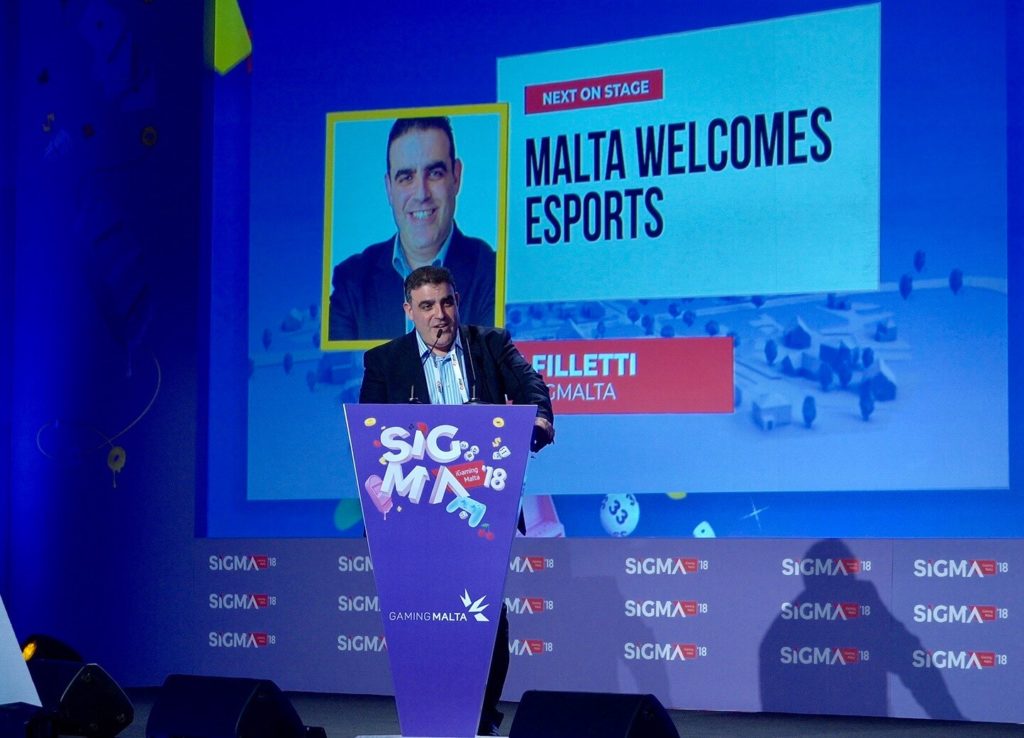
Filletti said: “We made it happen on the i-gaming front, we made it happen on the blockchain front and there’s no reason why we can’t make it on the esports front. Malta is open for business on esports.”
A whole new ball game
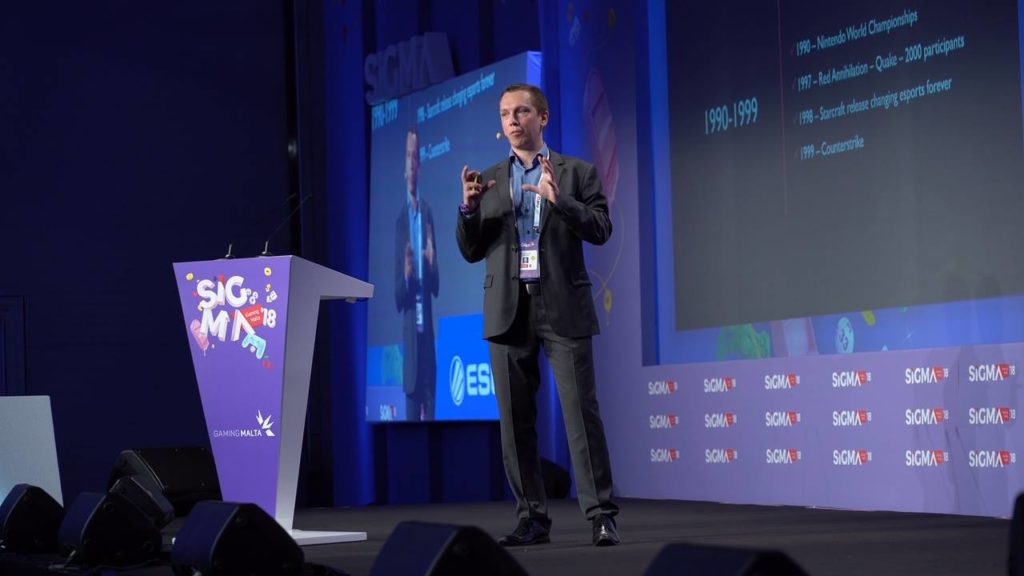
Eirik Kristiansen, Pixel Digital, set the context with a potted history of the growth of esports, dating back to 1972 when a video game competition was held at Stanford University. He took in key milestones such as the 1980 Space Invaders Championship, the launch of Starcade, and the release of StarCraft and Counter-Strike “which changed the face of esports forever”.
Of course, the internet speeded growth up further, followed by the real turning point – the launch of Twitch in 2011.
The huge, exponential growth the esports industry is seeing is exemplified by the popularity of the Fortnite game and the growth of League of Legends. In 2011, League of Legends clocked 1.7 million concurrent viewers. In 2018, this had boomed to a staggering 200 million.
Esports offers such huge opportunities because anyone can play, they can connect with other people online, and all you need is a computer, console or smartphone — and it’s often free to play.
Tapping billions
The esports industry is worth billions, Kristiansen said, with sponsorship and media partnership offering the most significant opportunities for business growth.
Industry experts highlighted the critical strategies for esports success – including understanding the audience, educating the market and changing perceptions, and tapping into the right marketing channels.
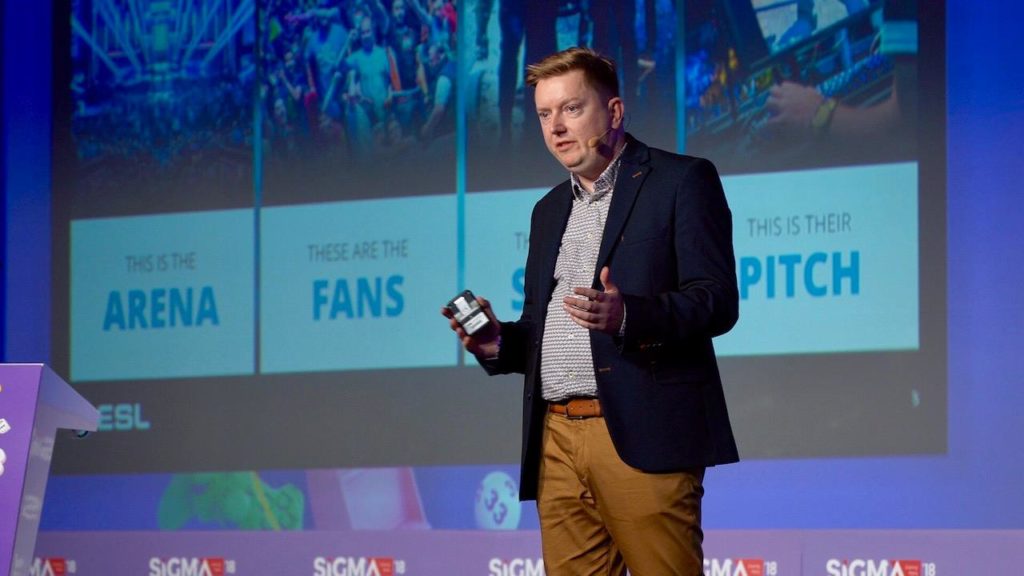
Jaap Visser, ESL Benelux, shared the key ingredients for a successful global esports event, including the right arena, a focus on the fans, engaging esports stars and, of course, the game. He also highlighted the importance of working with cities and local governments around the benefits of esports events. Cultivating the esports ecosystem and bringing in new brands are also crucial.
Jesper Karrbrink, Mr Green, gave the operator’s perspective. He said his company understood that when approaching esports, they need to forget about old models and stereotypes and “learn to speak the new language” of the esports audience, such as video.
He said “It’s another beast. We can’t just add esports to the menu,” as it would waste money and talent, and it wouldn’t work.
The company has developed a new product and brand specifically for the esports audience with its own experts and marketing strategies, etc. It has a focus on responsible gaming baked in from the start, he said, and will launch in Q1 of 2019.
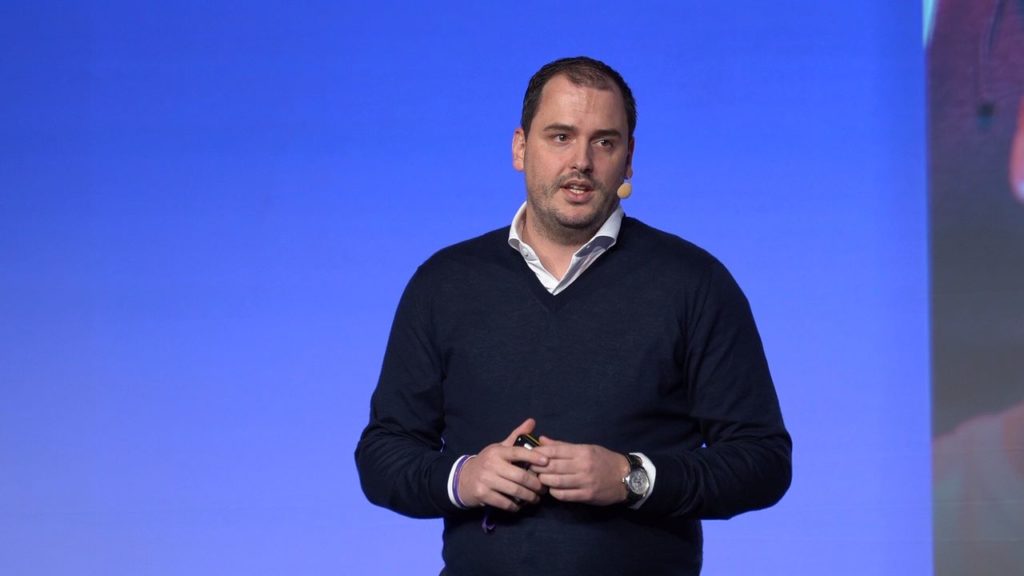
The fact that companies can’t just rock up and ‘plug in’ to esports was echoed by Marco Albregts, Lagardère Sports. He told delegates they need to focus on creating and adding unique value, as well as demonstrating authenticity and an understanding of esports players. He advised companies to build their credibility in the market.
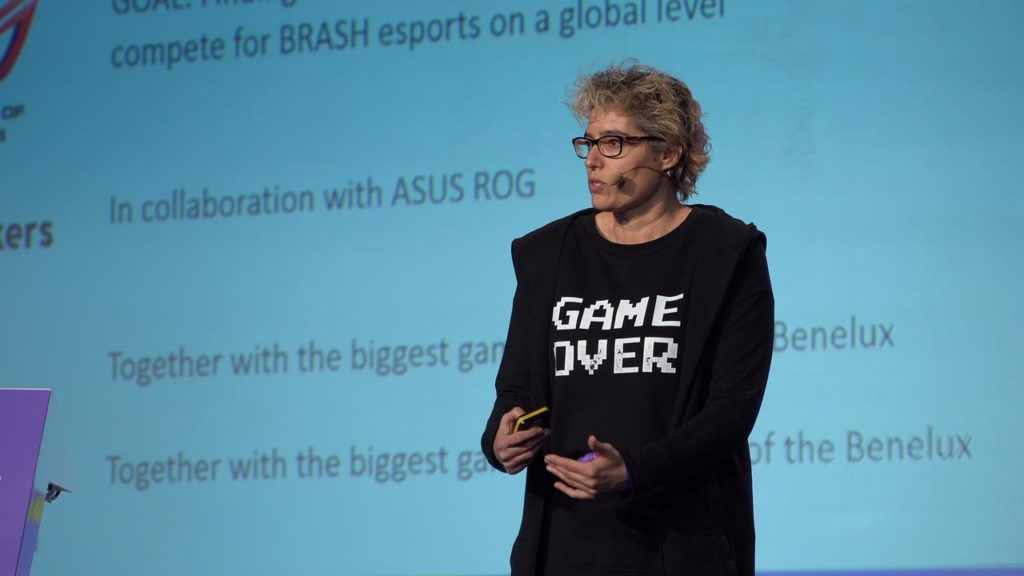
One way to do this is through influencer marketing. Miranda Huybers, BRASH esports, called esports the “new vanguard” for influencers and said esports companies will need to understand and engage with the influencer world to thrive.
Convergence
A key trend throughout the summit was around the convergence of igaming, esports and gambling. Speakers noted that there are opportunities here on both sides – but the message was clear: standards must be upheld and always improving. This includes keeping esports ‘clean’ and free of match-fixing and money laundering, and with a strong focus on responsible gaming.
Education and perception
Another important message that came across was that the industry must drive education about esports – in wider society, among stakeholders such as cities, and to younger generations and their parents. The experts highlighted the importance of the media as well as engagement with young people through schools and esports academies.
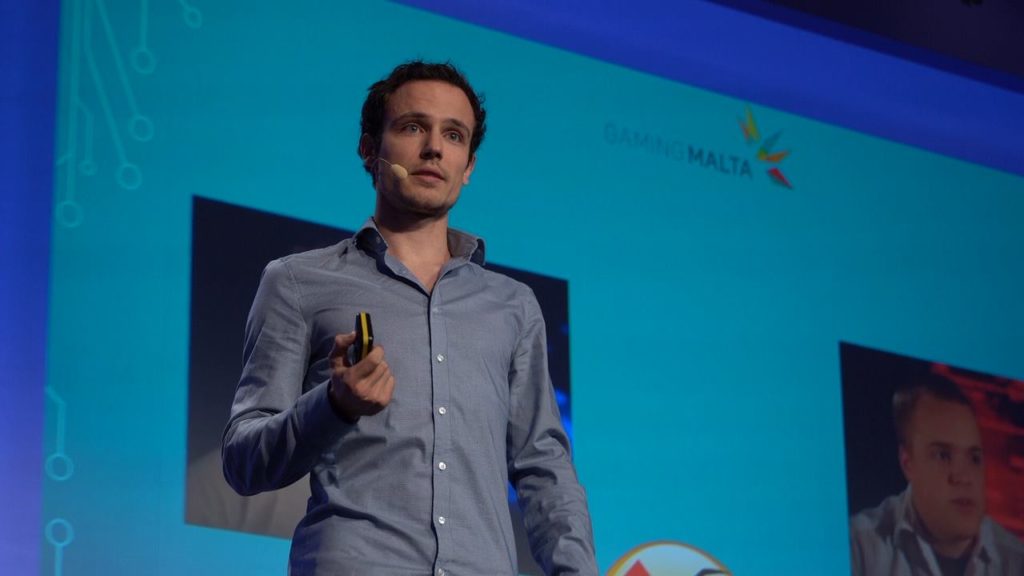
Koen Shobbers, an esports athlete and consultant, talked about the need to shift perceptions of esports players away from the image of unhealthy individuals sitting alone in their back bedrooms. He argued that it can be educational, too.
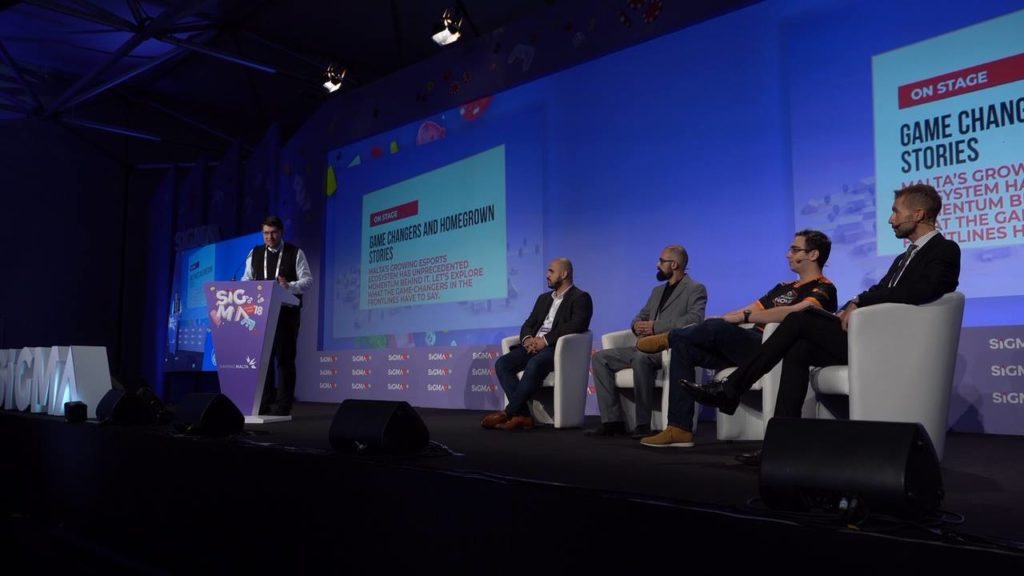
This discussion was taken up further on the closing panel, moderated by Alexander Pfieffer, Danube University Krems. The panellists were Kersten Chircop, Gamers.com.mt; Justin Mifsud, World Pro Racing; Simon Theuma, Quickfire; and Alessio Crisantemi, Editor, Gioco.
Chircop noted that esports needs to raise its profile as a professional industry as well as a game. Although the jury is out in some quarters as to whether esports is officially a sport, he emphasised that players work and train hard to improve themselves. This can be motivational to younger generations, he said, and can incentivise them.
Where next?
It’s an exciting time for the sector. With esports growing so fast, it will be fascinating to see how the industry has evolved at SiGMA this time next year.
As Kristiansen noted: “A decade in normal time is like a century in esports.”



